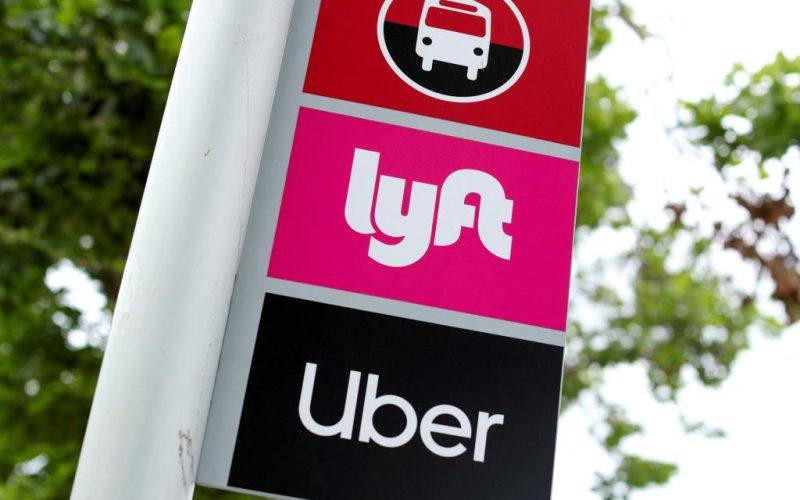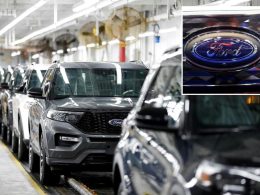Massachusetts voters on Tuesday approved a ballot measure that would allow ride-share drivers to unionize, becoming the first state to allow drivers for app-based companies like Uber and Lyft to do so.
With 94% of precincts reporting, 53.9% of voters endorsed a novel framework that would allow ride-share drivers who are considered by the companies to be independent contractors to organize and bargain collectively over pay and benefits, according to the Associated Press, which called the vote mid-Wednesday.
Supporters have said the ballot measure could provide a model for other states to let Uber and Lyft drivers unionize and inspire efforts to organize them around the US.
The Massachusetts vote was the latest front in a years-long battle in the US over whether ride-share drivers should be considered to be independent contractors or employees entitled to benefits and wage protections.
Studies have shown that using contractors can cost companies as much as 30% less than employees.
Drivers for Uber and Lyft, including approximately 70,000 in Massachusetts, do not have the right to organize under the National Labor Relations Act, a federal law that covers only actual employees.
Under the Massachusetts measure, known as Question 3, drivers could form a union after collecting signatures from at least 25% of active drivers in Massachusetts.
Under the measure, companies could form associations to allow them to jointly negotiate with the union during state-supervised talks.
The measure was backed by the Service Employees International Union and the International Association of Machinists and was endorsed by several top political leaders, including Andrea Campbell, the state’s Democratic attorney general.
Campbell in June secured a settlement with Uber and Lyft requiring them adopt a $32.50 hourly minimum pay standard for Massachusetts drivers and pay $175 million to resolve claims they had improperly treated drivers as independent contractors, rather than employees.
The companies as part of the settlement abandoned their support of a since-dropped ballot measure that would have codified into law the drivers’ status as contractors.

But the settlement stopped short of declaring the drivers employees.
Uber and Lyft opted not to campaign against Question 3, though both said they had some concerns with certain language in the measure that they hoped could be addressed by the state legislature.
Question 3 had been put forward before the industry dropped its separate ballot proposal, and its supporters argued that it provided the best path forward for drivers to secure better working conditions post-settlement.
Question 3 divided the local labor movement, with some activists saying it did not go far enough.
Some opponents also had argued it may conflict with federal law and be open to a legal challenge.








